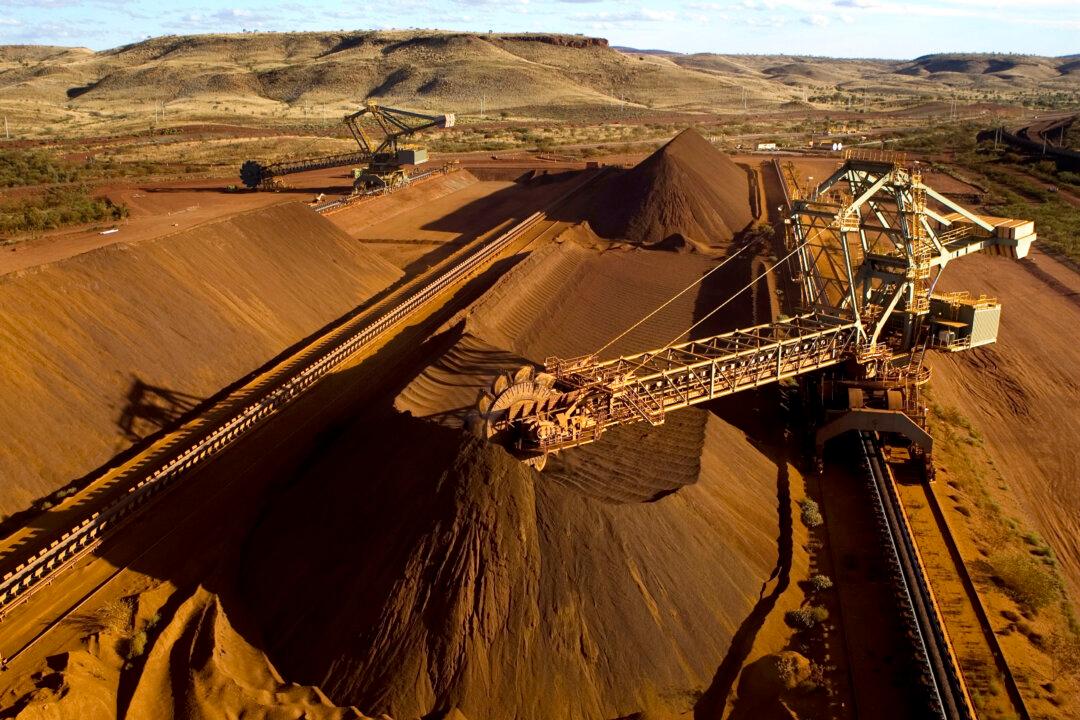The Australian Labor government will invest heavily in critical mineral mapping to turn the country into a renewable energy superpower and a hot spot for renewable investment.
On May 7, Prime Minister Anthony Albanese announced that the government would provide $566 million (US$366 million) in funding for a project that would deliver a map showing what was located under Australia’s soil and seabed for a 10-year period.





